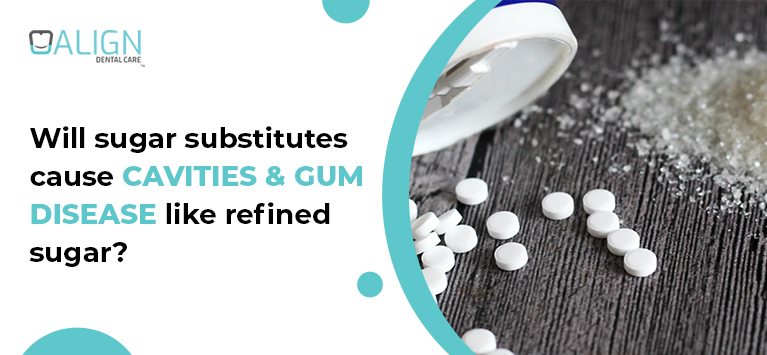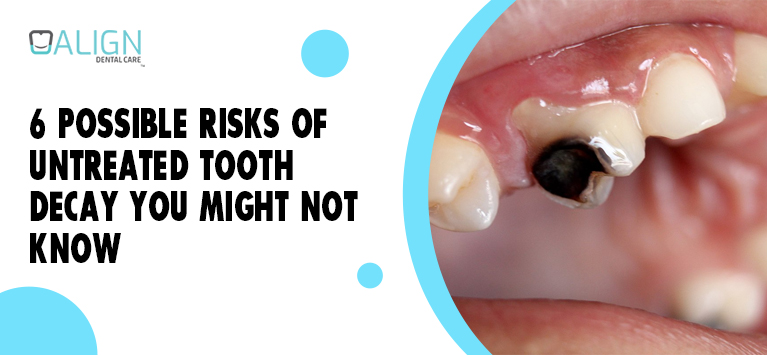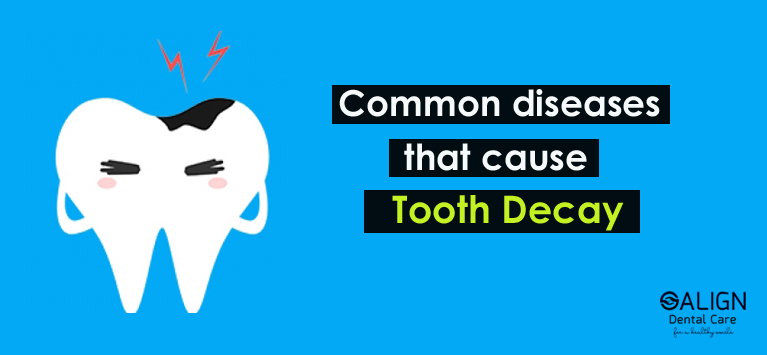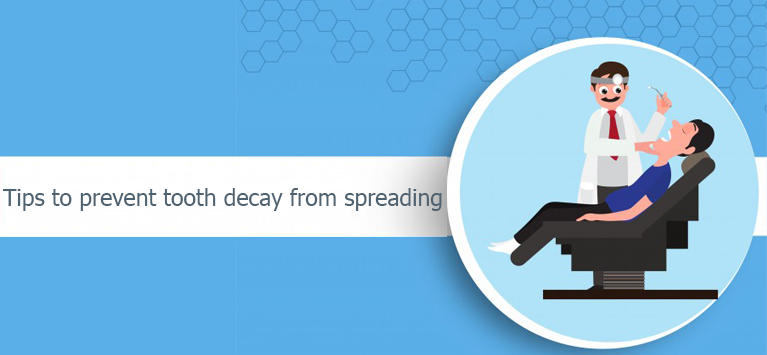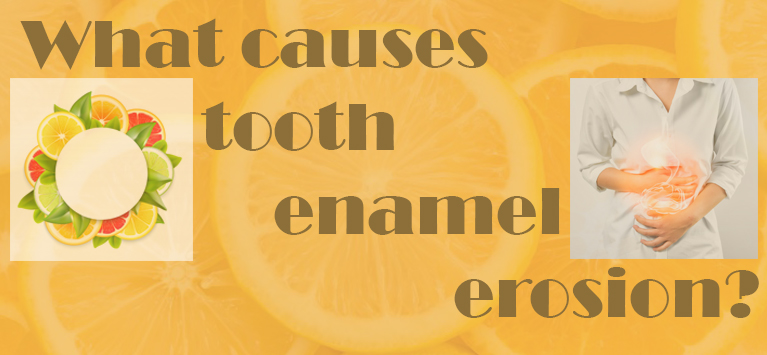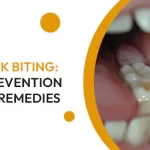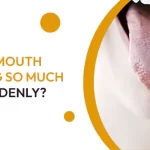Getting a sudden unbearable pain when you
bite something?
Or seeing a dark spot on your gum line when you brush your
teeth?
These are the worst feeling ever, and these are all the signs
of a cavity that needs the attention of your dentist.
Tooth decay or a cavity is a permanently damaged portion of
your tooth that has changed into an opening or hole in your enamel. The main
reason for this tooth decay is plaque, a bacterial film that continuously grows
on your teeth.
These bacteria produce acids that can wear off the surface of
the tooth. A cavity forms once the wear reaches the dentin layer underneath the
enamel.
Ways to prevent the spread of tooth decay
Mostly tooth decay is not noticeable. To say in other words, tooth decay is often not visible to our eyes during its early stages. This is the reason why regular dental checkups are necessary.
If you go to checkups regularly, your dentist can take X-rays
of your mouth and examine your teeth to ensure that your teeth are healthy.
This is the first and best method to prevent any decay.
It is not possible to restore your teeth to its original stage if the cavity occurs. If you see a cavity or sign of cavity in your teeth, consult your dentist immediately and get an appointment.
Even if you brush and floss your teeth regularly, it is not possible to stop decay from spreading. That is why visiting your dentist is important, and he can help you with a simple dental filling.
Getting a dental filling is generally painless and simple. First, the area where the tooth is affected is removed, and then the infected space is cleaned. Then using a restorative material, space is filled. This restorative material is a composite resin made from a tooth-colored material. So generally, no one can notice it.
What happens if you do not bother about decay?
As said above, tooth decay is not visible to eyes in its early stages. A tiny cavity does not take much time to convert into a dental emergency.
If the decay develops through the tooth, then the bacteria can enter into the
pulp deeply where the roots, nerves, and the dental pulp are situated,
resulting in an abscess, which is both painful and dangerous. It weakens your
tooth and results in a crack or break.
A dental filling is not possible to repair your teeth if it is abscessed or
cracked. A root canal or a tooth extraction is the next process to repair your
teeth.
Prevention method before it starts
Preventing tooth decay before it starts is the best thing to be done. Here are some of the ways to prevent tooth decay.
Drink more water
Water is the best friend to your body, where it enhances both your physical health as well as dental health. It washes away food particles that stick on your teeth, which is the main reason for the formation of plaques. Water also enables the secretion of saliva, which protects your teeth from the formation of plaque.
Limit sugar
While water is the best friend of your teeth, sugar is just opposite to it. It feeds the bacteria responsible for tooth decay. Soda, sugared gum, hard or sticky candies are the worst foods that spoil your dental health.
Follow good dental habits
You
would have already known this, Brush twice a day and floss at least once a day.
This is your first thing to prevent tartar build-up, plaque, and tooth decay.
Always use a soft-bristled toothbrush and follow proper brushing techniques.
Visit your dentist regularly
As already said above, visit your dentist regularly. It is recommended
to visit your dentist twice a year. Apart from following good oral habits,
visiting your dentist is also important and it keeps you away from various
dental problems and saves your money in the future.







